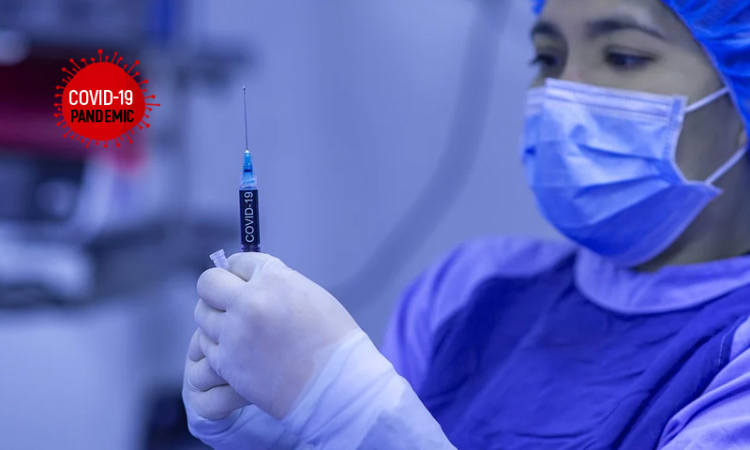Explain Legal Basis For Capping RTPCR Test Price At Rs 500 : Kerala High Court Asks State Govt
Lydia Suzanne Thomas
4 May 2021 4:22 PM IST

Next Story
4 May 2021 4:22 PM IST
The Kerala High Court on Tuesday directed the State to file a statement listing out on what legal basis the state government decided to issue an order reducing the rates of RT-PCR testing in Kerala. Cases pertaining to RTPCR tests were taken up before two benches of the Kerala High Court today. A Division bench of Justice Devan Ramachandran and Justice Kauser Edappagath closed proceedings...
